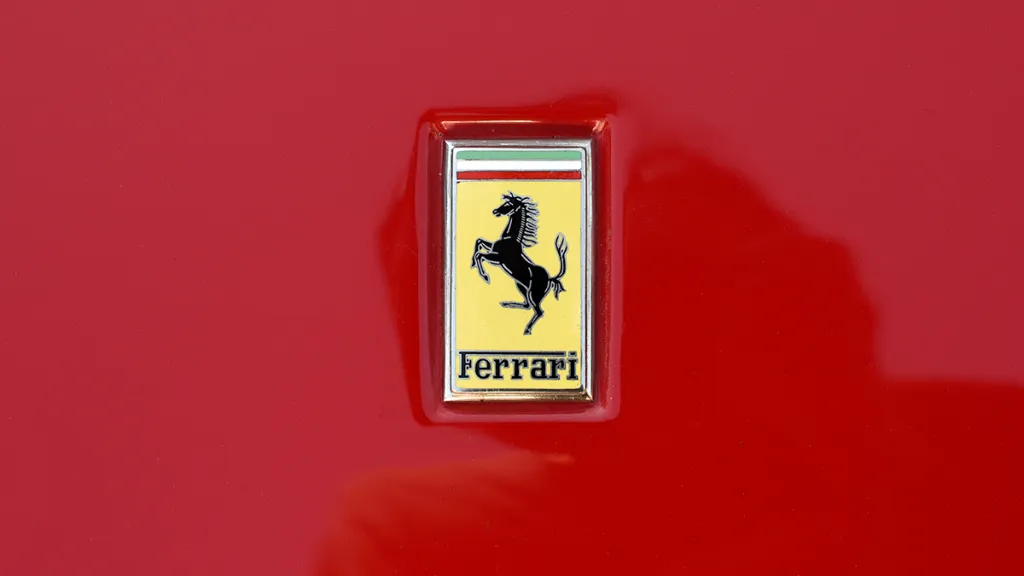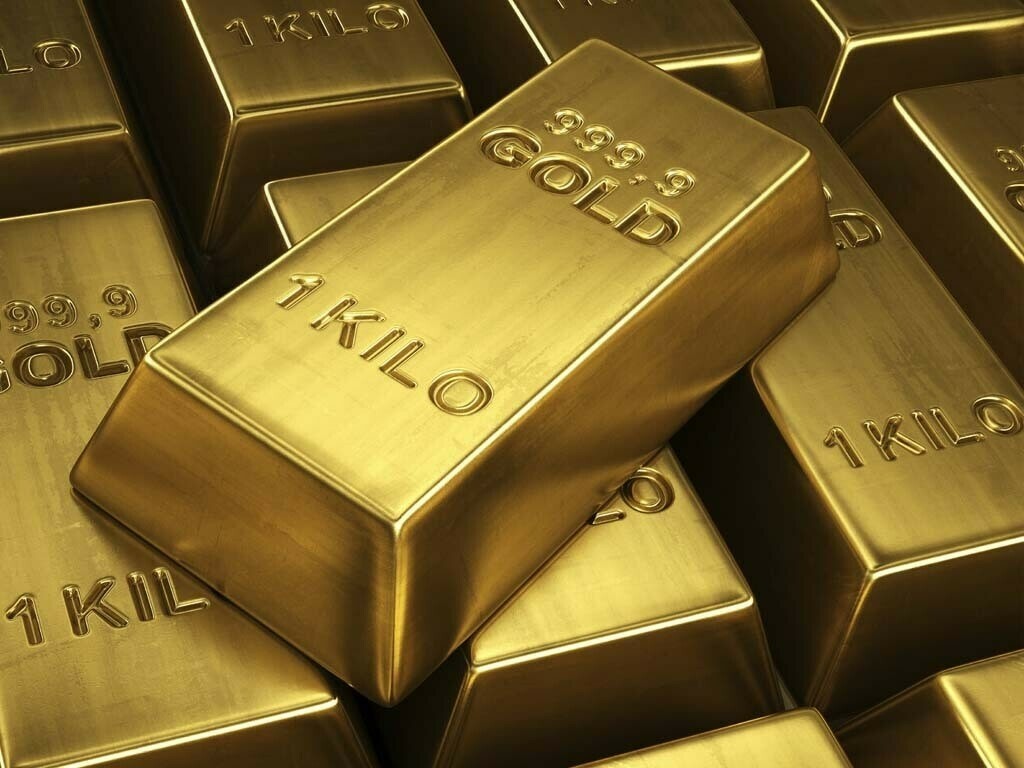Luxury sports car manufacturer Ferrari is set to make waves in the world of sailing with plans to enter yacht...
All about Ramadan and its significance
Being a holy month in the Islamic calendar, Ramadan holds a special place of significance. Let’s delve deeper into this month and everything that it entails.
Forget the mandated shortened workweek and other restrictions, and consider what this month actually means.
Ramadan
Ramadan, the ninth month of the Islamic calendar, is a time of fasting and reflection. Muharram, Safar, Rabi’ al-Awwal, Rabi’ al-Thani, Jumada al-Awwal, Juamda al-Thani, Rajab, Sha’aban, Ramadan (the month of fasting), Shawwal, Dhu al-Qadah, and Dhu al-Hijjah are the 12 months (the month in which Muslims go for Haj – pilgrimage).
It’s important to note that despite its apparent similarity to the Gregorian calendar, the Islamic calendar is roughly 10 days shorter due to its lunar nature. This is why the start date of Ramadan shifts every year on the Gregorian calendar. On March 23 of this year, 2019, it will likely begin. Depending on when the Ramadan crescent is sighted in the sky, the precise beginning of Ramadan can vary by a day.
Ramadan’s Importance
In the month of Ramadan, the Holy Quran was revealed to Muhammad (peace be upon him). In this verse from the Holy Quran, Allah explains the significance:
“The month of Ramadan commemorates the unveiling of the Quran, God’s revelation to humanity as a book of guidance, complete with evidence for that guidance and a measure by which people can determine what is right and what is wrong. In that case, everyone present should fast this month. The same number of days “after Ramadan” must be fasted by those who are ill or travelling. Allah does not want anything difficult for you, so that you can complete the required time and announce Allah’s grandeur for guiding you, and hopefully you’ll be thankful. (Al Baqarah, 185)
Who does fast, and how does it work?
One of the five pillars of Islam is fasting throughout the month of Ramadan. According to the Quran above, Muslims who are physically capable of doing so are obligated to fast during the month of Ramadan as soon as they reach puberty. In the case of illness, travel, or menstruation, the fast is waived.
- Individuals who are unable to fast for the entire month of Ramadan due to unforeseen circumstances are expected to fast for an equivalent number of days following Ramadan. One option for those who find themselves unable to fast after Ramadan is to donate one day’s worth of food to a local food pantry for each day of fasting they were unable to complete. The Islamic holy day of fasting is from sunrise to sunset. All physical demands, including food, drink, and sex, are suspended during these times for Muslims.
- In Ramadan, there are two daily meals. After the Maghreb call to prayer at dusk, Muslims eat “Iftar” to “break the fast” and “Suhoor” to “start the fast” before dawn. The Prophet Muhammad established the practise of eating dates and drinking water to break the fast.
- Iftar and the gatherings that follow it are social staples in many Muslim households. Throughout the holy month, unique meals are cooked in various civilizations.
- Taraweeh, Qyam, reading the Qur’an, and giving to the poor are further acts of worship.
- Reading the Quran, praying extra prayers, and helping the poor are just some of the spiritual practises that Muslims increase during Ramadan.
- During the holy month of Ramadan, many Muslims pray the Taraweeh and Qyam prayers in addition to the five daily mandatory prayers (Fajr, Dhuhur, Asr, Maghreb, and Isha). The latter occurs after the ‘Isha’ prayers in the evening, whereas the former occurs just before the ‘Fajr’ prayers, typically before Suhoor is taken.
- Many Muslims try to complete a reading of the entire Quran during the holy month of Ramadan. Muslims frequently use public transit as a means to fulfil their monthly Quran reading quotas, and it is not uncommon to see them doing so.
- Throughout Ramadan, people are encouraged to give more to those in need and to develop their capacity for compassion and empathy. Quite a few people will give to charities that aid the impoverished.
The Night of Reckoning, or Laylat al Qadr (Night of Glory)
One of the holiest nights of the Islamic calendar takes place during the month of Ramadan. During Laylat Al Qadr, the first verses of the Quran were revealed to Muhammad (PBUH).
Better than a thousand months, as described in the Holy Quran, is just one night. Laylat al Qadr occurs sometime in the last ten days of Ramadan, though the exact day is unknown. As a result, during the last ten nights of the holy month, many Muslims will devote more time to prayer, reading the Quran, making supplications, and asking forgiveness for their sins in the hopes of receiving the mercy and benefits of Laylat al Qadr and the month itself.
Source:


